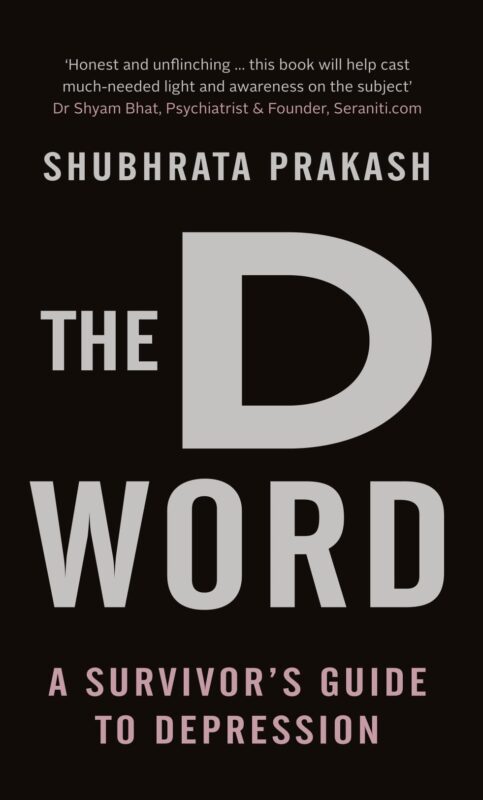Today is International Women’s Day, and while every year I chose this day to write about women’s mental health, this year I’m putting the spotlight on the much-neglected issue of men’s mental health.
In our busy day-to-day lives, we often struggle with health issues. Physical health issues are almost always addressed, but what about mental health? How many of us actually even pause to consider that health encompasses mental health too?
During my years of writing about and advocating for mental health, I have found that though mental health somehow always gets the short shrift, it comes as a surprise that men’s mental health gets even less attention than women’s.
While it is true that statistics show that women are twice more likely to suffer from a mental disorder than men, it is also true that twice as many men than women are likely to die by suicide. Suicide itself is a difficult theme to fully comprehend on the basis of studies done so far. However, mental disorders like Major Depressive Disorder, PTSD, OCD and Bipolar Disorder have been found to be a significant factor in deaths by suicide.
One probable reason why men’s mental health has not received the attention that it rightly deserves could be social stereotyping.
Women are traditionally seen as fragile – physically and emotionally; and hence, liable to show affect. This stereotype is stretched to the realm of misogyny when women are labelled ‘drama queens’ for having mental disorders which are not just manifestations of affect but actual neurological disorders. This can be contrasted with the social stereotype of a man – strong, herculean, stoic, infallible, unbreakable – not easily given to changes in emotion. Thus, it is socially more acceptable for women to show emotional distress, which is often a hallmark of mental disorder, than men.
Apart from dictating and circumscribing the scope of masculinity and femininity, this stereotyping also stigmatizes people with mental disorders in two different ways – one, that mental disorders are just emotional reactions; and two, mental disorders arise from weakness of character, a choice that an individual makes.
Thus, this stereotyping hinders men from seeking help for mental health problems. Men find it relatively more difficult to accept that they have a mental disorder. They struggle with emotional pain and distress without having many avenues for redressal. They also find it harder to open up an discuss their mental health struggles with their significant others, family and friends. They find it even more difficult to disclose their mental health issues at their workplace or discuss it with their co-workers. Often when men do try to open up, instead of getting the help they require, society just tells them to ‘man up’ and ‘not cry like a girl’.
In a traditional patriarchal society like ours, men often are the sole bread winners in their respective families, and the fear of losing their livelihood if their employer discovers their mental health status is very real – at all socio-economic levels. Social stigma in the form of discrimination, social ostracization, excommunication, and being the object of ridicule and derision, further put road blocks on the path to healing for men.
Perhaps, we need to change the whole conversation about mental health and masculinity, in order to ensure that men receive the help they need. We need to keep talking about how mental disorders are not choices that ‘weak’ individuals make. We need to readily accept and embrace emotions – it’s ok if a man cries. We need to understand that mental disorders are not just emotional affects – they have complex and as yet undeciphered neurological etiology. We need to break social gender stereotypes and accept the concept of fluidity of genders; after all we do have the ancient concept of Ardhnareshwar to guide us.
Moreover, we need to make mental health available for all, accessible to all – men, women and children. And of course, we need to accept that it’s ok not to be ok.
For anyone who is beginning to feel the pain of depression, you could take a look at my book (here) The D Word. It’s my effort to talk about Depression in the most real, clean and honest words.




